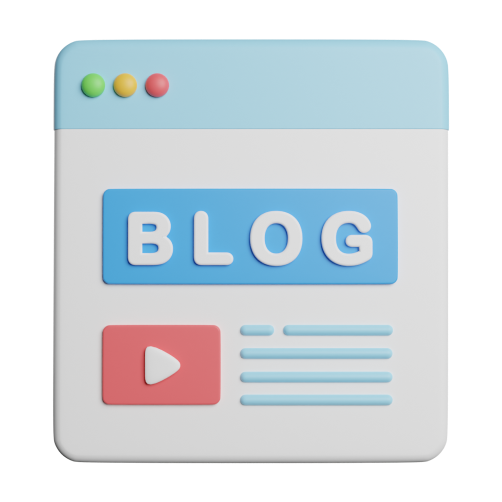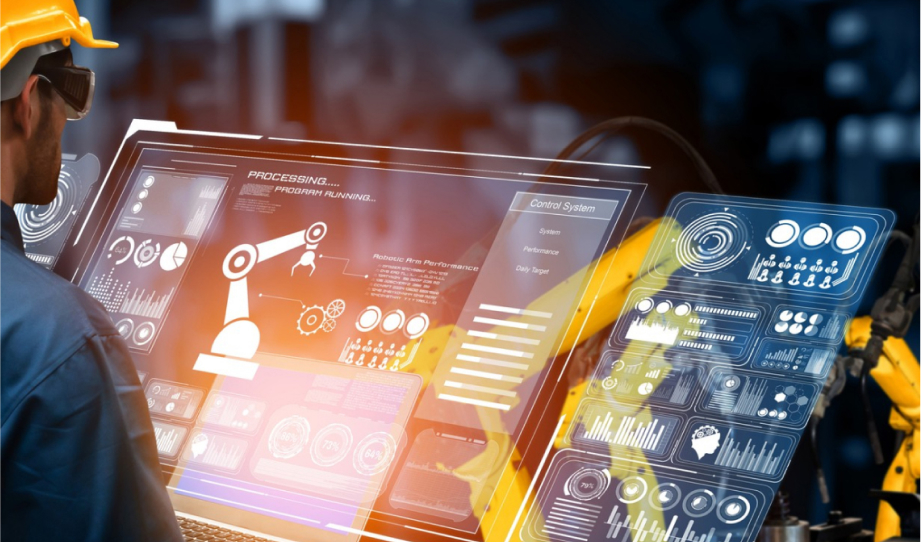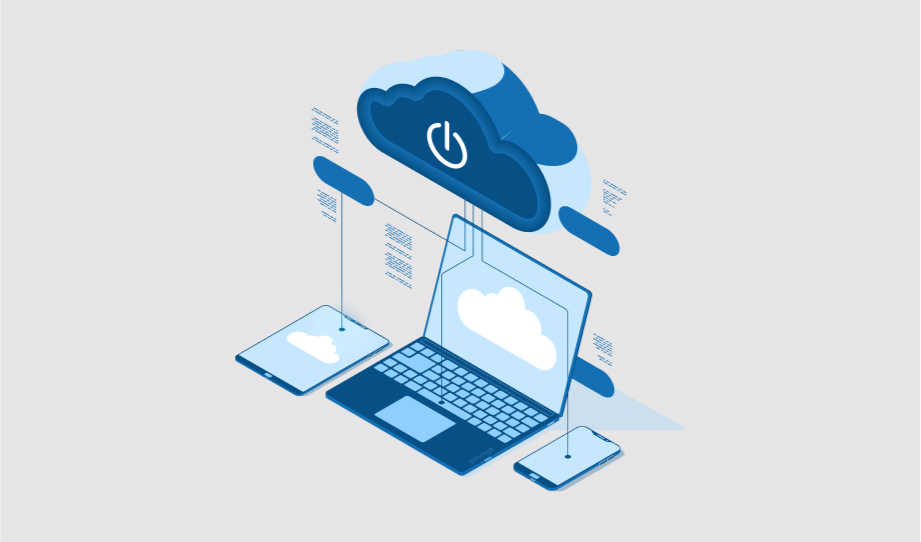What Is Custom Software Development and Why Does Your Business Need It?
In the modern business world, technology drives growth, innovation, and customer satisfaction. Every company - from…
India’s First Zero-Commission Hotel Booking Platform
The hospitality industry in India is evolving, but many low-budget hotels, Dharamshala, and cottages continue to…
How Can Data and Automation Assist with Sustainability in Your Business
The entire world is facing the inevitable digital transformation, which has not just changed the daily…
Adding Automation in DevOps for Thriving AI Models
DevOps, as the name suggests, is a coordinated approach that integrates software development and operations to…
How Big Data is Changing the Outlook of the Renewable Energy Sector?
The renewable energy sector is facing a significant transformation, and all credit goes to the power of…
How can Big Data be Integrated into Your Business to Improve Output?
Nowadays, information usage is soaring. This information, dubbed Big data, has expanded too large and complicated…
How Can Industrial Data Help Overcome All Business Challenges
Today, if we see the ongoing competition between industrial companies, we can easily underline the challenging…
How AI Is Changing the Outlook of the Retail Market
The Best Examples of Using AI in Retail: Artificial Intelligence is omnipresent in today's retail sector.…
IoT Digital Transformation is on the Way to Change the Business Outlook
The energy industry is experiencing consequential changes as it encounters numerous challenges with an increasing population,…












